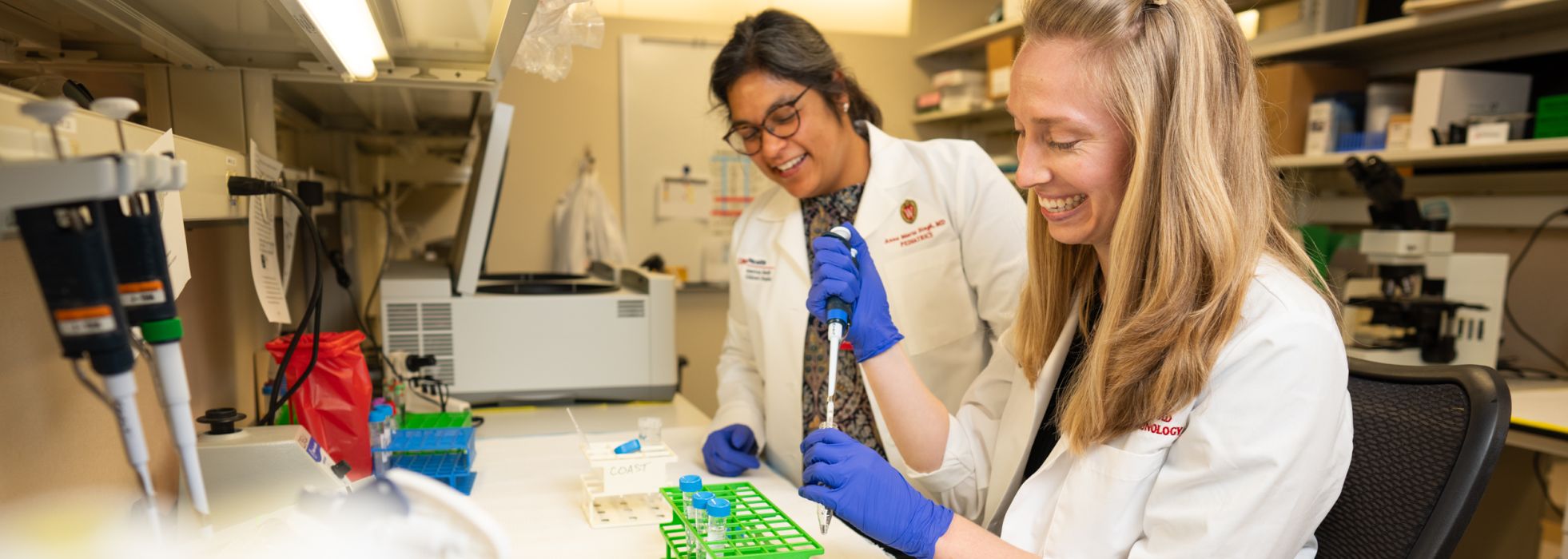Advanced Training in Allergy Research
The Wisconsin Allergy Research Training (WiscART) program trains postdoctoral fellows in Allergy and Immunology to prepare for careers as independent academic research scientists.
We are proud of our high rates of recruitment and participation by individuals from all backgrounds. Half of our fellows pursue academic careers upon graduation.
The program is funded by a National Institute of Health (NIH)/National Institute of Allergy and Infectious Diseases (NIAID) Institutional National Research Service Award (T32).
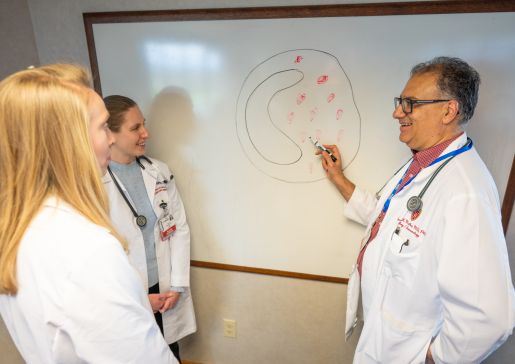
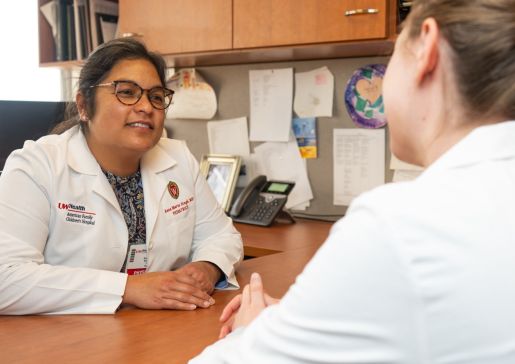
To apply, you must be a postdoctoral student or a physician who has completed residency training in pediatrics or internal medicine.
For physicians, the Departments of Medicine and Pediatrics leverage the T32 award by providing salary support and stipends for additional training years not covered by WiscART.
We are currently recruiting for 2 to 3 PhD postdocs starting as early as July 1, 2026.
The positions are supported by an NIH T32 training grant, and all applicants must be US citizens or Permanent Residents.
Please submit the following to Eric Schafer no later than April 27, 2026:
- CV
- Statement of research interest and career goals
- Three letters of reference
Interested individuals can contact Eric Schafer with questions.
Current Trainees
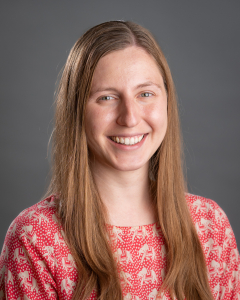
Mentor: Sameer Mathur, MD, PhD
Project: Biologics in Severe Asthma

Mentors: Jim Gern, MD, and Christine Seroogy, MD
Project: Cohort comparison of early life respiratory viral illnesses
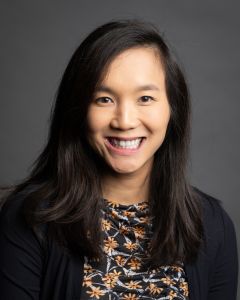
Mentors: Daniel Jackson, MD, and Courtney Gaberino, MD
Project: Gene expression and immunology of lung function

Mentor: Claire O'Leary, PhD
Project: Microbiota-epithelial-immune interactions in the gastrointestinal tract
Graduate Success

Amaziah Coleman, MD
Class of 2015
Post-graduate employment: Medical officer and physician, National Institutes of Health/National Institute of Allergy and Infectious Diseases (NIAID), Rockville, MD
Research focus: Dr. Coleman's research focuses on pediatric asthma and food allergy and improving health equity in asthma and allergic diseases. She currently leads studies in the Childhood Asthma in Urban Settings (CAUSE) consortium, the Atopic Dermatitis Research Network (ADRN) and the Consortium of Eosinophilic Gastrointestinal Disease Researchers (CEGIR) in the Allergy, Asthma and Airway Biology Branch in the Division of Allergy, Immunology, and Transplantation at NIAID.
How our program prepared her:
"During my fellowship training, I was allowed to explore career opportunities in clinical medicine and basic science research. With Dr. Gern’s mentorship, I was the first fellow to pursue a certificate in Clinical and Community Outcomes Research through the UW Institute for Clinical and Translational Research.
During my fellowship, I published two peer-reviewed journal articles, two review articles, and a book chapter. I was able to conduct an observational study focused on parental perceptions of early peanut introduction in parallel with the updated early peanut introduction guidelines during my fellowship.
These experiences helped shape my work on food allergy outcomes in the DC metro area and my current work at NIAID addressing differences in health outcomes in asthma and allergic disease. I’m grateful for Dr. Gern’s investment in my career. I continue to benefit from his mentorship and aim to pay it forward in my current and future work."
Leadership

Co-Director

Co-Director
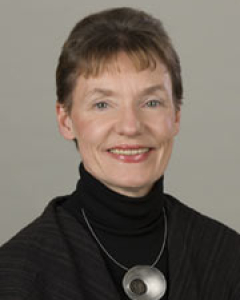
Faculty Training Director
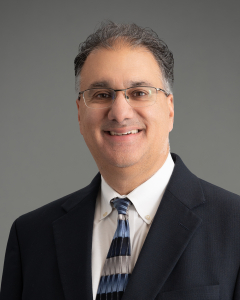
Clinical Director
Faculty Mentors
- All Faculty Mentors
- David Beebe, PhD: Professor, Department of Pathology and Laboratory Medicine
- Allan Brasier, MD: Professor, Department of Medicine; Senior Associate Dean for Clinical and Translational Research, UW School of Medicine and Public Health; Executive Director, UW Institute for Clinical and Translational Research
- Timothy Bugni, PhD: Professor, School of Pharmacy
- Richard Davidson, PhD: Founder and Director, UW-Madison Center for Healthy Minds
- Loren Denlinger, MD, PhD: Professor, Department of Medicine
- Courtney Gaberino, MD: Instructor, Department of Pediatrics
- James Gern, MD: Professor, Department of Medicine and Department of Pediatrics
- Tony Goldberg, DVM, PhD: Professor, Department of Pathobiological Sciences
- Anna Huttenlocher, MD: Professor, Department of Pediatrics
- Andrew Hryckowian, PhD: Assistant Professor, Department of Medicine
- Daniel Jackson, MD: Professor, Department of Pediatrics
- Nizar Jarjour, MD: Department of Medicine
- Bruce Klein, MD: Professor, Department of Pediatrics
- John Lucey, PhD: Professor, Department of Food Science
- Sameer Mathur, MD, PhD: Associate Professor, Department of Medicine
- Claire O’Leary, PhD: Assistant Professor, Department of Pediatrics
- Irene Ong, PhD: Assistant Professor, Departments of Obstetrics and Gynecology and Biostatistics and Medical Informatics
- Caitlin Pepperell, MD: Professor, Department of Medicine
- Nathan Sandbo, MD: Associate Professor, Department of Medicine
- Christine Seroogy, MD: Professor, Department of Pediatrics
- Anne Marie Singh, MD: Associate Professor, Department of Pediatrics
- Zhenghzheng (Jane) Tang, PhD: Assistant Professor, Department of Biostatistics and Medical Informatics
- John Yin, PhD: Professor, Department of Chemical and Biological Engineering
Mentoring Plan
- Needs Assessment
- Trainee self-assessment of research skills and core competencies
- Follow-up discussions with mentor and program leaders to review discuss career tracks and goals
- Individual Development Plan
- Select courses and curricula to fulfill core competencies
- Design learning plans and evaluations
- Provide certification in clinical and/or translational research for trainees who seek it
- Teach compliance with federal regulations on the responsible conduct of clinical research
- Identify extramural grant opportunities for scientific endeavors after graduation
- Core Competencies
- Research core skills
- Biostatistics and study design*
- Medical ethics and responsible conduct of research*
- Leadership and management*
- Presentation and teaching*
- Scientific writing*
*Learning activities offered through resources at the University of Wisconsin Institute for Clinical and Translational Research
- Clinical Research Curricula
All trainees first complete a four-hour online course, “The Basics of Conducting Clinical Research at UW–Madison."
Mentored research is the cornerstone of the WiscART program and how most trainees spend their time in years 2, 3, and beyond.
Mentor and research project selection is a mutual decision based on project availability and trainee interests. The mentor advises and supervises all aspects of the research process, evaluates trainee progress through daily interactions and weekly laboratory meetings, and submits written evaluations to the trainee and program directors every six months. Trainees can switch projects and/or mentors if needed.
Each trainee is assigned a mentoring committee. Committee members send written comments to the fellow and their portfolio and track progress and problems longitudinally.
Trainees have a formal performance review every six months. Reviews include a self-assessment, a written assessment from the mentors, and a follow-up discussion on the IDP and goals for the next six months. Program directors also collect additional assessments, including the In-Training examination and course grades.
UW ICTR staff help evaluate learning objectives related to biostatistics, medical ethics, scientific writing and grant writing through mechanisms specified in the ICTR Capstone certificate or Masters in Clinical Research programs. These evaluations occur every six months.
- Capstone Certificate
The UW Institute for Clinical and Translational Research offers two capstone certificate programs—Fundamentals of Clinical Research and Clinical and Community Outcomes Research—plus advanced degree programs.
Designed for health care professionals, these programs consist of 13-14 credit hours of coursework that provide formal training and a practicum in research design and statistical analysis for clinical research.
All WiscART physician trainees must obtain a capstone certificate, or demonstrate that they have completed equivalent coursework. PhD trainees pursuing clinical or translational work are also encouraged to supplement previous coursework with curriculum that addresses gaps identified through needs assessment and discussions with their research mentors. Trainees may add more credits to obtain the MS or PhD in Clinical Investigation.
